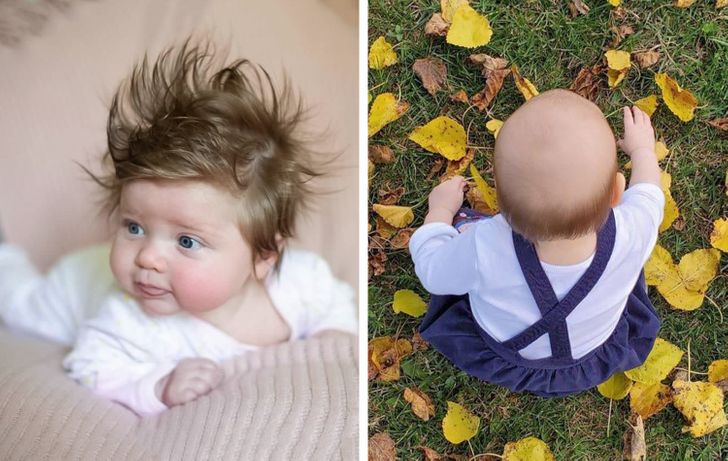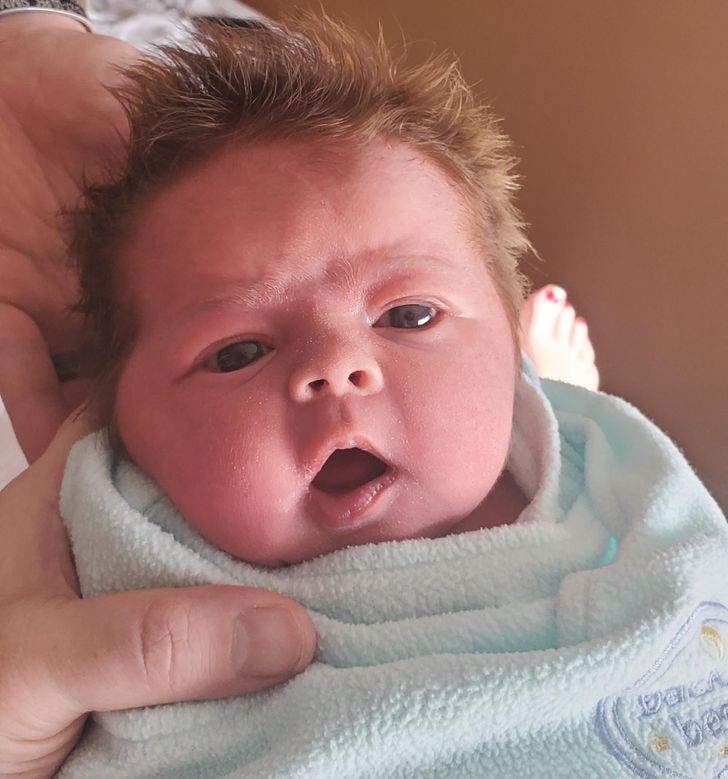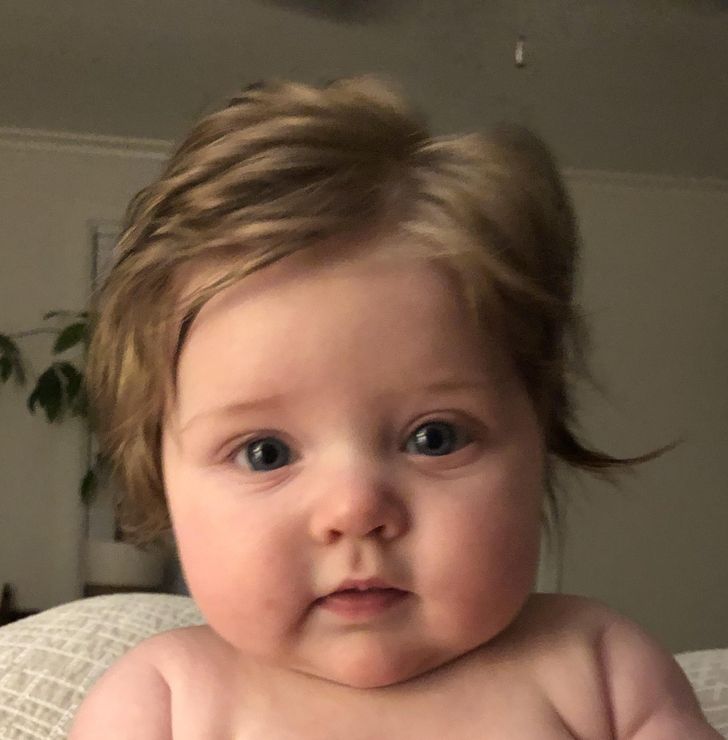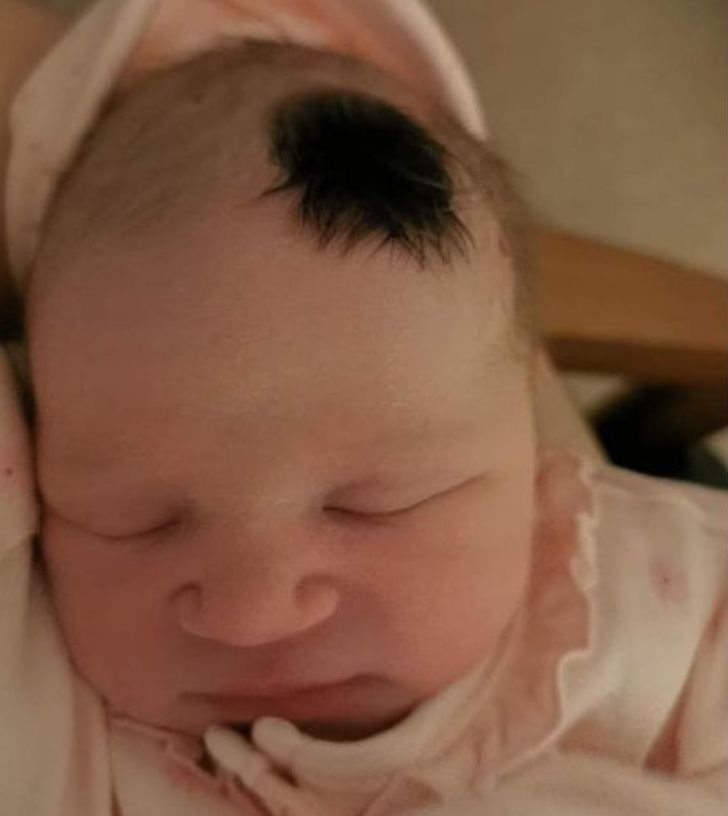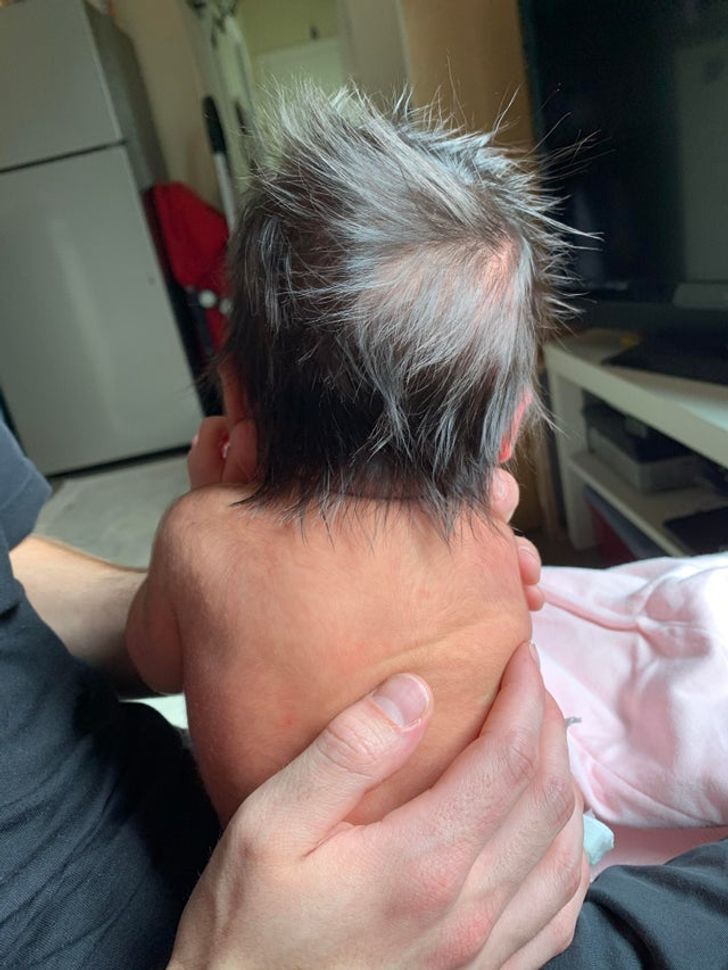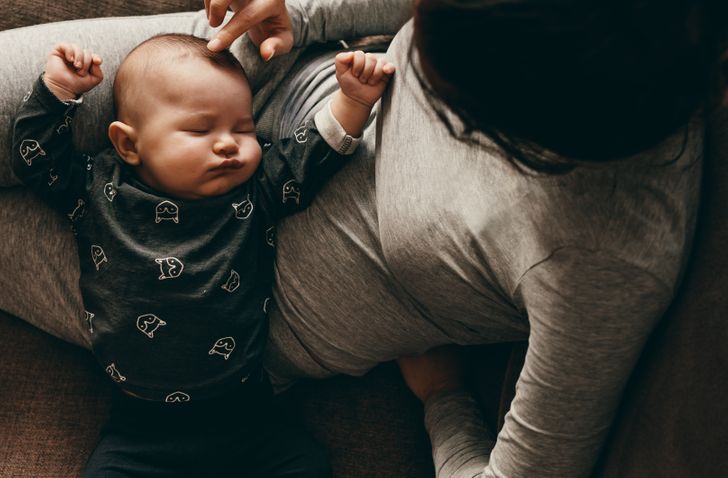omg
Why Some Babies Have Hair and Some Don’t
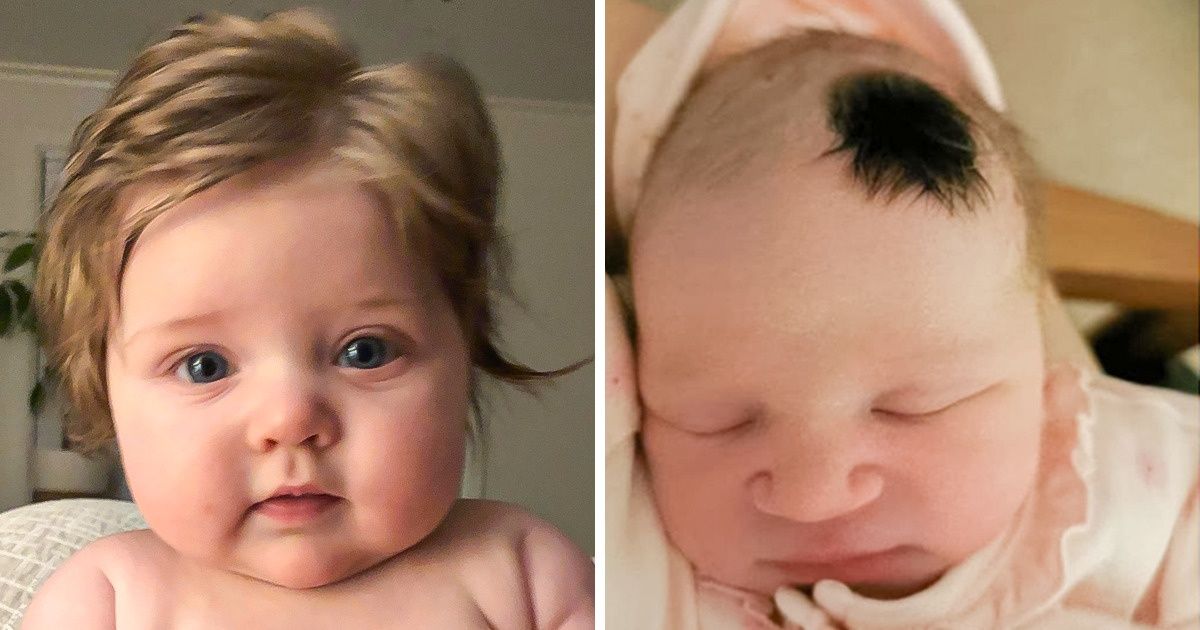
There’s an old wives’ tale that says a woman who experiences heartburn during pregnancy will have a baby with a full head of hair. In 2006, researchers looked into this and found that out of 28 women who had heartburn, 23 of them had babies with lots of hair. They believed that the hormones released during pregnancy could also control a baby’s hair growth. Regardless of whether or not it’s true, some babies come into the world with hair and some don’t, but they’re just as precious either way.
Bright Side is attempting to understand the reasons behind this curious phenomenon regarding our little ones.
A newborn’s hair may look different when they’re older.
Babies are born with all the hair follicles that they will ever have in their lives. However, a baby’s hair (or lack of it) could bear little resemblance to the hair they’ll have when they’re older. A baby born with a full mane could go bald a few months later, and a bald baby could grow thick hair after some time. Their new locks could even be very different from their first round of hair.
Genetics may play a role in this.
While experts aren’t 100% sure why some babies are born with hair and some aren’t, they believe that genes and DNA may have a hand in it. Usually, hair growth occurs around the thirtieth week of pregnancy. If a baby begins to grow hair in the womb, it’ll likely be born with hair on its head.
It could be due to maternal hormones.
Hormone levels are high inside the womb, so they may help to promote the baby’s hair growth as well. However, after delivery, hormone levels drop significantly. This slows down a newborn’s hair growth.
Bald babies aren’t necessarily lacking nutrients.
Since babies are born with different amounts of hair, some parents may worry that it’s because the mother didn’t have enough nutrients during pregnancy or that the baby didn’t get enough calcium. But these are actually not true, and it’s normal for babies to have scanty hair up until age 1. It’s only if the baby doesn’t have enough iron or suffers from diseases that their hair growth could be affected, but usually, there will be other signs that aren’t related to hair as well.
Some newborns have fine hair that will shed.
Lanugo is the hair that covers the body of some newborns. Fetuses develop lanugo around the fourth or fifth month of pregnancy and shed it around the sixth or seventh month of pregnancy. This means that it’s often gone before birth, but some premature babies may still be covered with this fine hair.
Babies having hair loss is normal.
Most newborns lose some or all of their hair in their first 6 months of life. It’s common for them to lose their hair as a result of their scalp rubbing against the mattress or if they have a habit of head-banging. There will be less of such friction once they begin to move more, sit up, or simply outgrow these habits.
What other reasons do you think babies are born with or without hair? Were you or your children born with a full head of hair or none at all?
Comments
My daughter was born a month premature, covered in fine hair all over. The hair on her head was jet black. By the time she was 5 months old she had lost all of her hair, when it grew back in it was platinum blonde almost lily white!! She is now a teenager and has honey blonde hair. It's strange how hair colour can change so dramatically from when a baby is born.
I've an 8wk old. she obit has a very little around the bottom of her head atm.
Both my children were born with a full head of long hair. My son has had to had it cut before his 1st birthday because it was reaching under his eyes.
I was born in the late 80s and the nurses couldn't stop playing with my hair (I had a head full of black hair) because they had never seen a baby with hair before
Related Reads
I Refuse to Let My Entitled Daughter Steal the Life I’ve Been Saving For
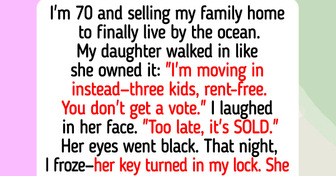
10 Moments That Show Kindness Doing the Heavy Lifting
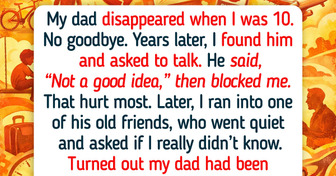
13 Stories of Quiet Kindness That Show Superhuman Strength in Ordinary People

11 Moments That Prove Quiet Kindness Still Changes Everything
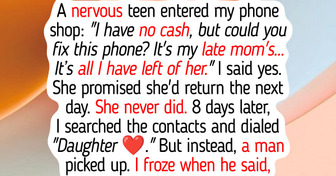
I Refuse to Return My Late Colleague’s Paycheck, Now His Widow Is Furious

I Refused to Let My Sister Make My Wedding About Her Miscarriage—So I Exposed Her Dark Secret
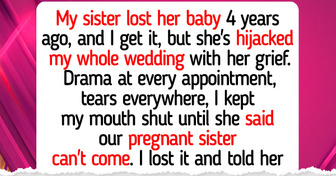
I Refuse to Let My Stepson Disrespect Me, His Arrogance Cost Him Big
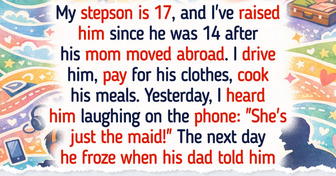
12 Moments That Show Romance Is Really About Small Acts of Kindness

18 People Who Found Out That Small Acts of Kindness Are the Pathway to Happiness
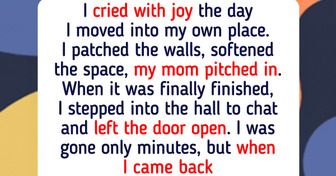
I Lost a $120K Job Over a Ridiculous Interview Test

I Refuse to Keep Visiting My Husband’s Family—I’m the Breadwinner, Not Him
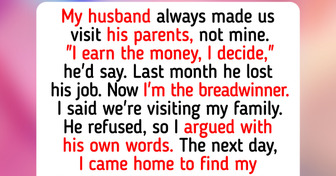
My MIL Demanded Rent for a House That Isn’t Hers, I Turned the Tables

